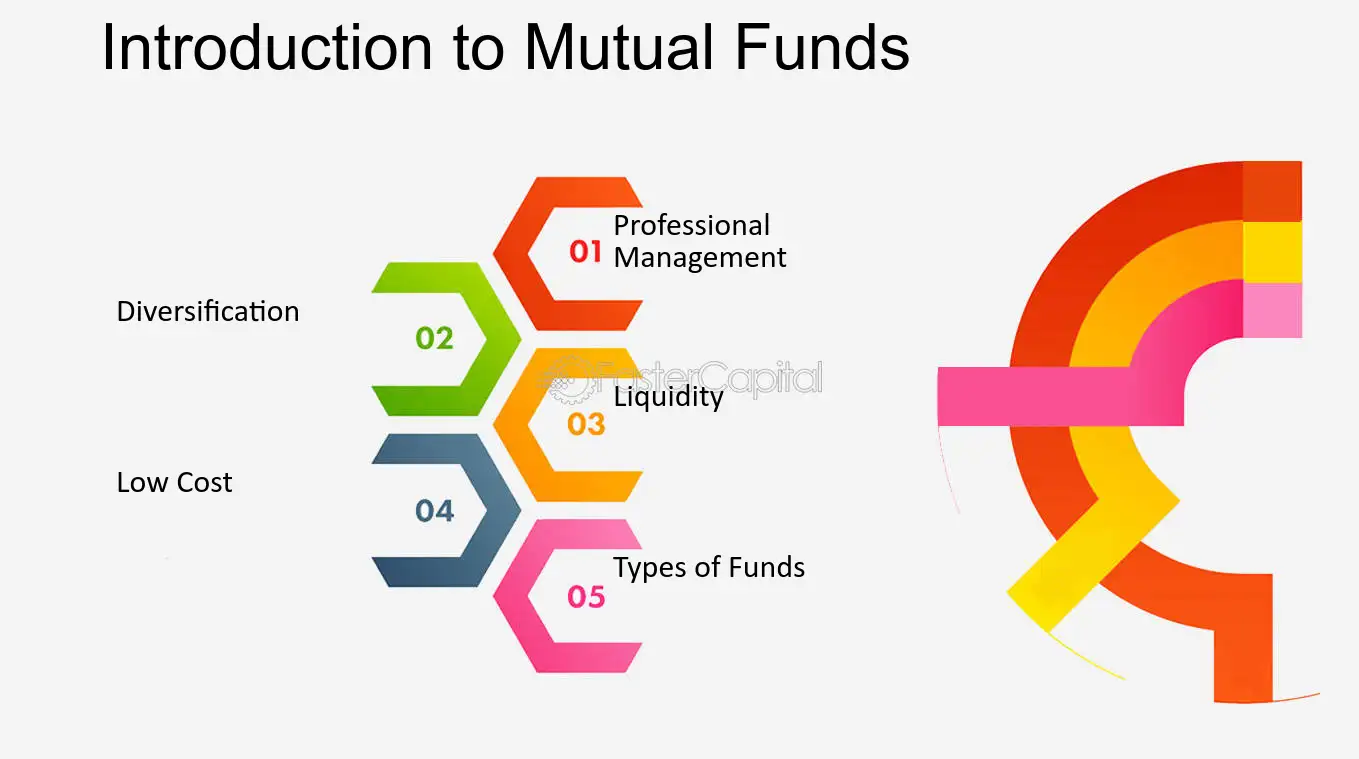
Mutual funds are investment vehicles that pool money from many investors to purchase a variety of securities, such as stocks, bonds, or other assets. They are managed by professional fund managers who make investment decisions on behalf of the fund’s investors.
Types of Mutual Funds
- Stock Funds: Primarily invest in stocks, offering the potential for higher returns but also higher risk.
- Bond Funds: Primarily invest in bonds, providing income and relative stability.
- Balanced Funds: Invest in a mix of stocks and bonds, seeking a balance between growth and income.
- Index Funds: Track a specific market index, such as the S&P 500, offering low-cost diversification.
- Sector Funds: Focus on a particular industry or sector of the economy.
- International Funds: Invest in securities of foreign companies, offering exposure to global markets.
Benefits of Investing in Mutual Funds
- Diversification: Mutual funds allow you to diversify your investments across multiple securities, reducing risk.
- Professional Management: Fund managers handle the research, analysis, and trading decisions, saving you time and effort.
- Liquidity: Mutual fund shares can be bought and sold easily, providing liquidity.
- Accessibility: Mutual funds are generally available to investors of all sizes.
- Cost-Efficiency: Many mutual funds offer competitive expense ratios, making them a cost-effective investment option.
Factors to Consider When Choosing a Mutual Fund
- Investment Objectives: Determine whether the fund’s investment objectives align with your goals.
- Expense Ratio: The expense ratio is the annual fee charged by the fund manager. Lower expense ratios generally result in higher returns.
- Performance: Analyze the fund’s past performance, but keep in mind that past performance is not indicative of future results.
- Risk Tolerance: Assess your risk tolerance and choose a fund that matches your comfort level.
- Fund Size: Consider the size of the fund, as larger funds may have more resources and diversification.
Mutual Fund Fees
- Expense Ratio: The annual fee charged by the fund manager.
- Load: A sales charge paid when you buy or sell fund shares.
- Redemption Fee: A fee charged when you sell fund shares.
Types of Mutual Fund Loads
- Front-end load: Charged at the time of purchase.
- Back-end load: Charged at the time of sale, often decreasing over time.
- No-load fund: No sales charge.
Conclusion
Mutual funds can be a valuable tool for building a diversified investment portfolio. By carefully considering your investment goals, risk tolerance, and the factors discussed above, you can select mutual funds that align with your financial needs and help you achieve your long-term objectives.

